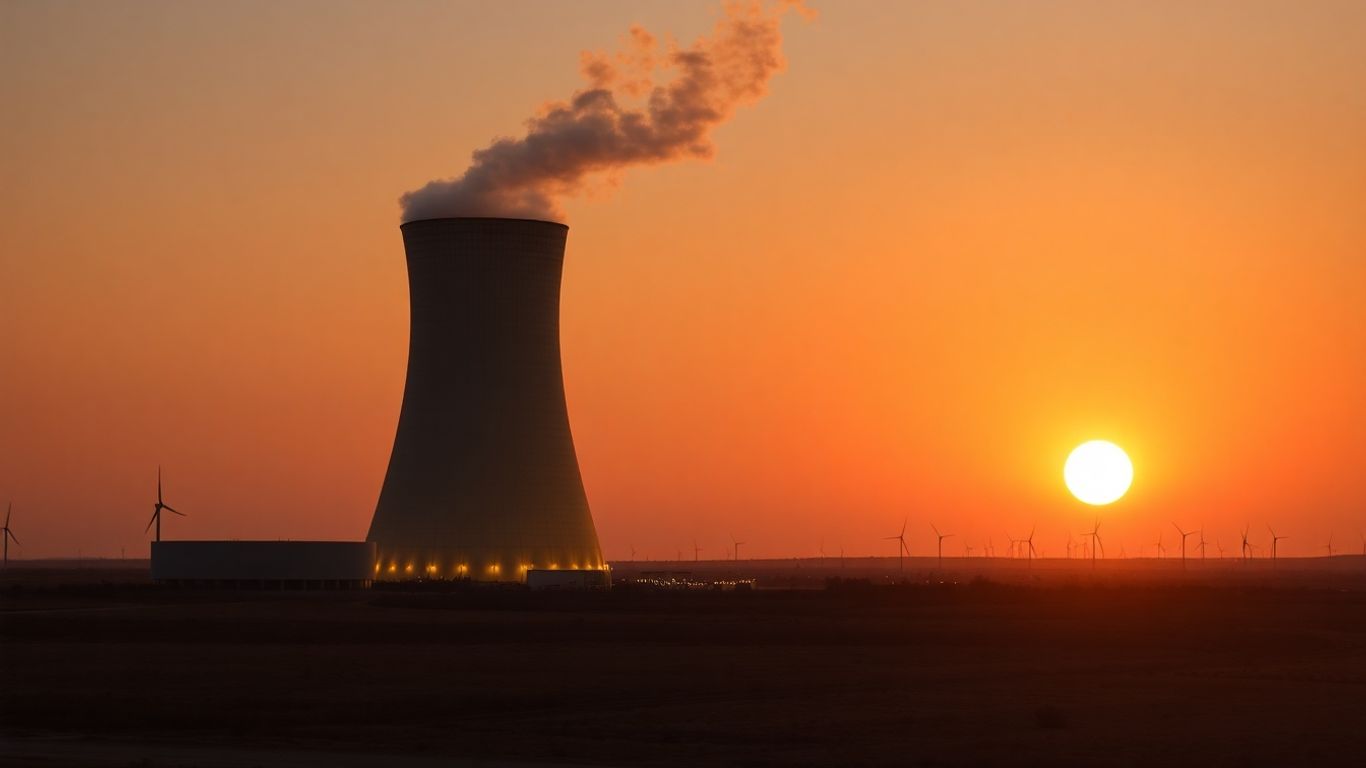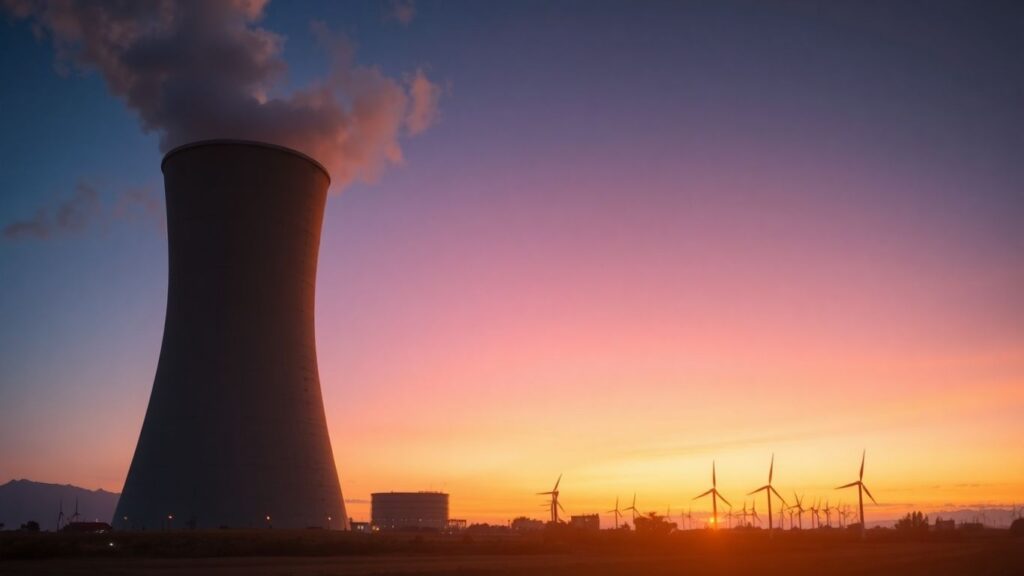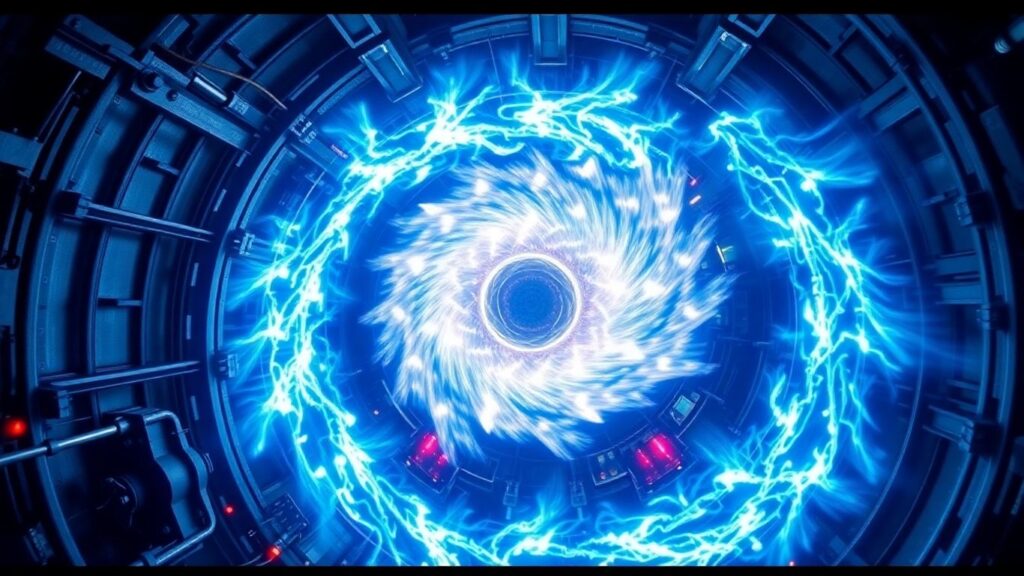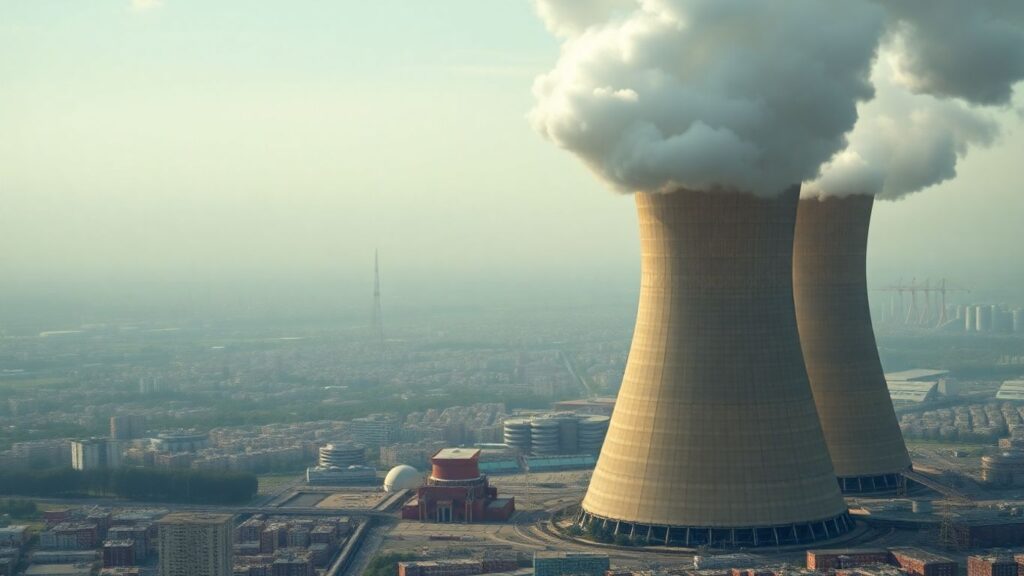Texas is emerging as a frontrunner in the development of advanced nuclear reactor technology, with several companies establishing projects across the state. These next-generation reactors, often smaller and utilizing innovative cooling methods like molten salt, promise to provide reliable, low-emission energy to meet the state’s growing power demands.
Key Takeaways
- Abilene is set to host one of the first advanced reactors in the U.S. at Abilene Christian University.
- Companies like Natura Resources and Kairos Power are developing small, modular reactors.
- Texas aims to become a national hub for advanced nuclear technology, attracting investment and innovation.
- State leaders are exploring public financing options to support the burgeoning sector.
Advancing Nuclear Technology in Texas
West Texas is becoming a surprising center for nuclear innovation, with Abilene being home to Natura Resources. This company is nearing the completion of a small, one-megawatt molten salt reactor at Abilene Christian University. This project, targeting a 2027 completion, is part of a national effort to revitalize the American nuclear sector.
State-Wide Nuclear Initiatives
Texas’ ambition to lead in advanced nuclear power is evident in multiple projects. Dow Chemical plans to deploy small reactors from X-energy at its Seadrift complex. Natura Resources also intends to power oilfield infrastructure in the Permian Basin. Furthermore, Texas A&M University is establishing a large "proving grounds" near College Station, where four companies, including Natura and Kairos Power, will build commercial-scale reactors ranging from 150 to 250 megawatts.
The Advantages of Advanced Reactors
These new reactors differ significantly from traditional models. Instead of water cooling systems, many advanced designs use alternatives like molten salt or metal. This allows them to operate at higher temperatures and lower pressures, theoretically increasing energy output and reducing the risk of leaks or explosions. Many are also designed to be small and modular, enabling factory production and easier on-site installation.
State Support and Future Outlook
Texas leaders are actively supporting the growth of the nuclear sector. Governor Greg Abbott has directed studies on the potential of nuclear power, and state lawmakers are considering legislation to provide public financing and streamline regulations. While challenges remain, including funding and waste disposal, the state is positioning itself as a key player in the future of nuclear energy, aiming to provide clean and reliable power for its expanding industrial and residential needs.
Sources
- Texas wants to lead development of new type of nuclear power, The Texas Tribune.
- Small nuclear reactors may be coming to Texas, The Texas Tribune.












